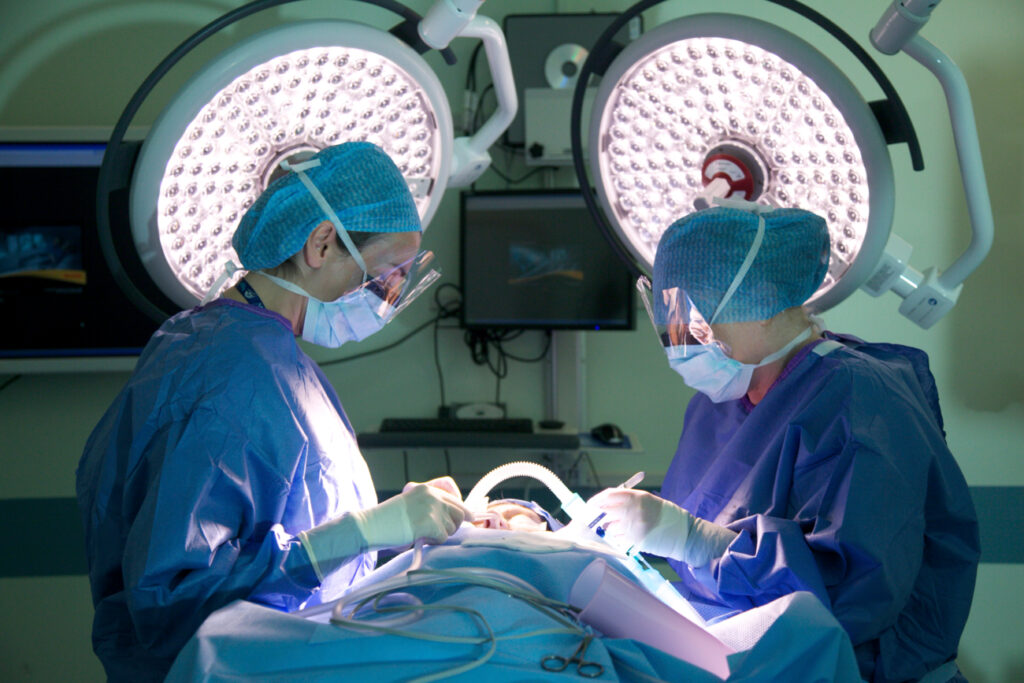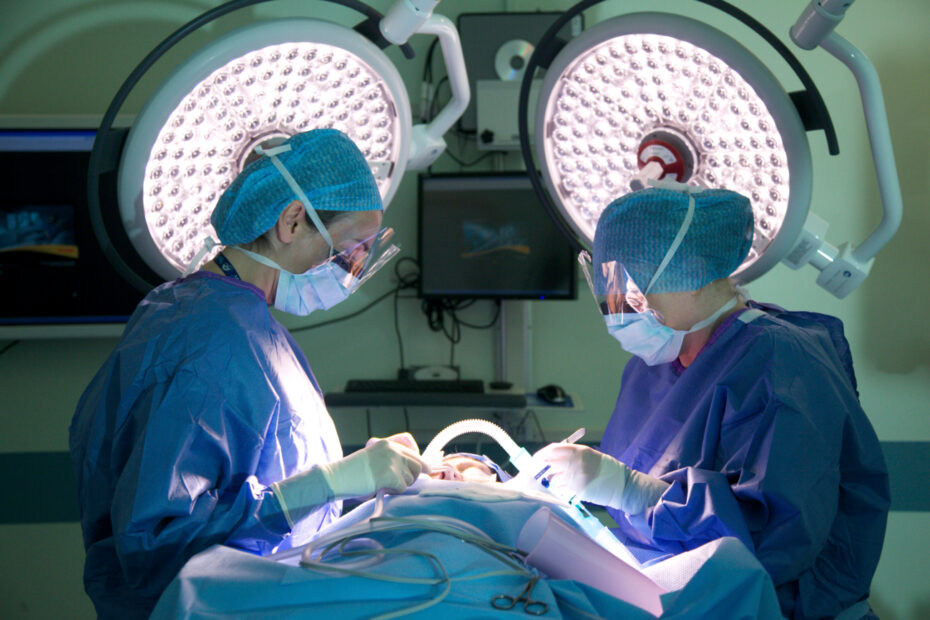
NHS Greater Glasgow and Clyde (NHSGGC) is on track to eliminate one of the major sources of greenhouse gases in healthcare.
Nitrous Oxide (N2O) – or ‘laughing gas’ – is a mild anaesthetic and while its use is less than in previous years, it is still used within paediatrics, maternity and some dental cases.
N2O is an extremely potent greenhouse gas with a global warming potential nearly 300 times that of Carbon Dioxide (CO2), and NHSGGC has been working hard to reduce the amount used – and the amount wasted through traditional piped systems.
Historically, N2O is supplied by a piped system within hospitals across NHSGGC and other health boards – but it is estimated that, nationally, between 83% and 100% of piped nitrous oxide is lost before it reaches the patient.
In recent years, as part of its commitment to sustainability and tackling the climate emergency, NHSGGC has been working to decommission its piped systems and replace them with portable, bottle-based methods of delivery.
It is hoped that the work will be completed by the end of 2024, closing off a major objective in NHSGGC’s Green Theatres Programme. More widely, it represents another step towards achieving NHSGGC’s sustainability goals and will result in significant financial savings.
The Scottish Government’s Leading Improvement Team (LIT) attended a site visit at the Queen Elizabeth University Hospital Campus last month, to discuss the NHSGGC approach, and the board was commended for its work to date and ambitions with the programme.
In addition, by moving from the leaky piped systems to a more modern delivery method, NHSGGC will also embed modern, safe and effective clinically sustainable practice within its theatres.
Once complete, the switch will result in annual recurrent savings of nearly £170,000 and the equivalent of nearly 170 tonnes of carbon*.
Dr Andrew Beck, Consultant Anaesthetist at the Queen Elizabeth University Hospital, said: “Nitrous oxide contributes 80% of the carbon footprint for anaesthetic gases so changing the way we deliver it is a great step forward in reducing Greater Glasgow and Clyde’s carbon footprint without limiting the anaesthetic options available to patients.
“This is been a team effort over the last year and the benefits will be seen across the board.”
To find out more about NHSGGC’s commitment to sustainability and tackling the climate emergency, go to: Sustainability – NHSGGC
* Based on total emissions and not tonnage used.

